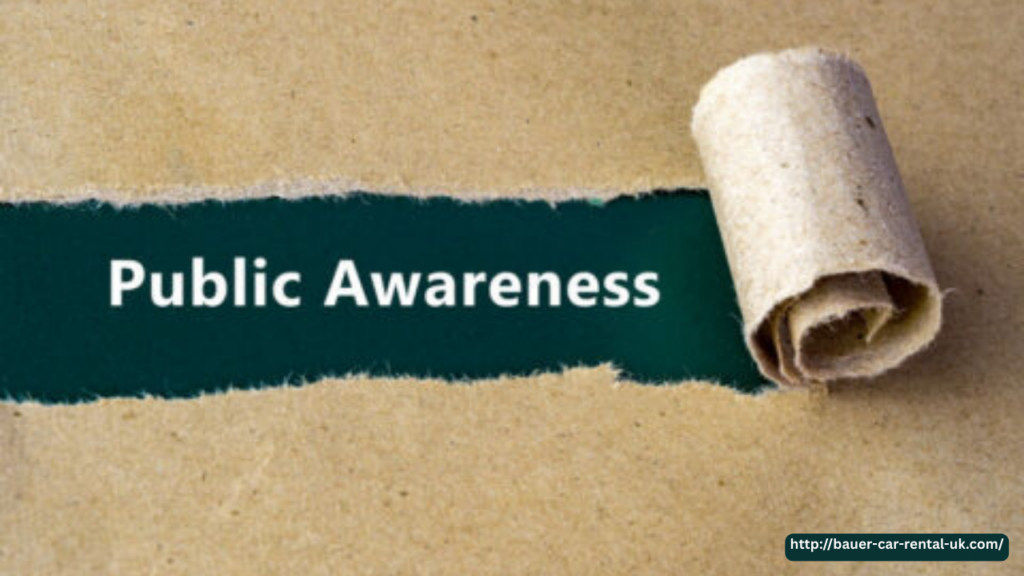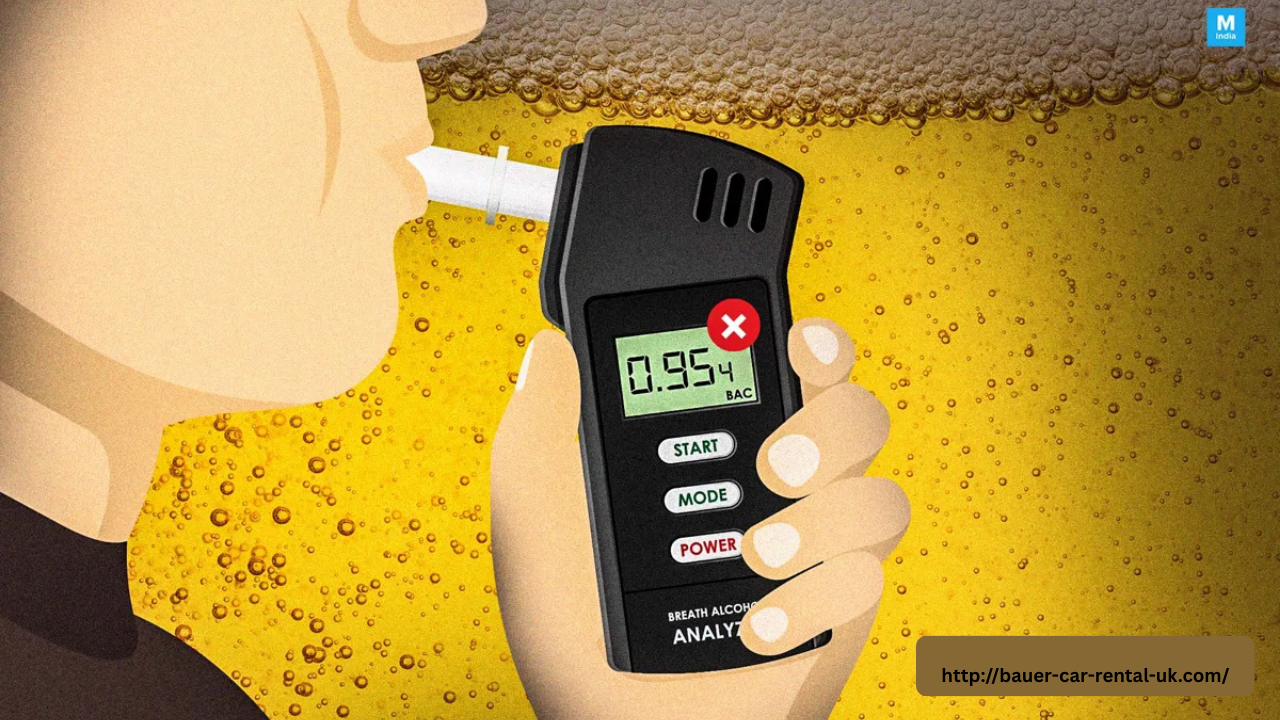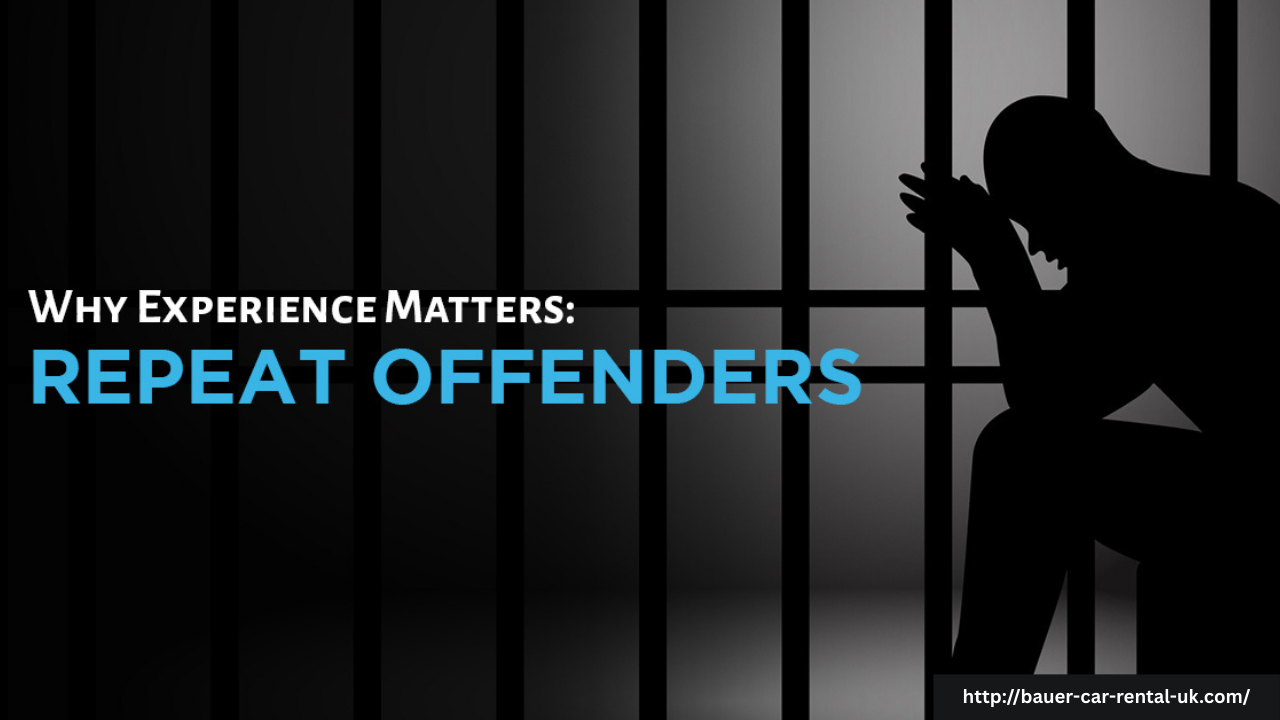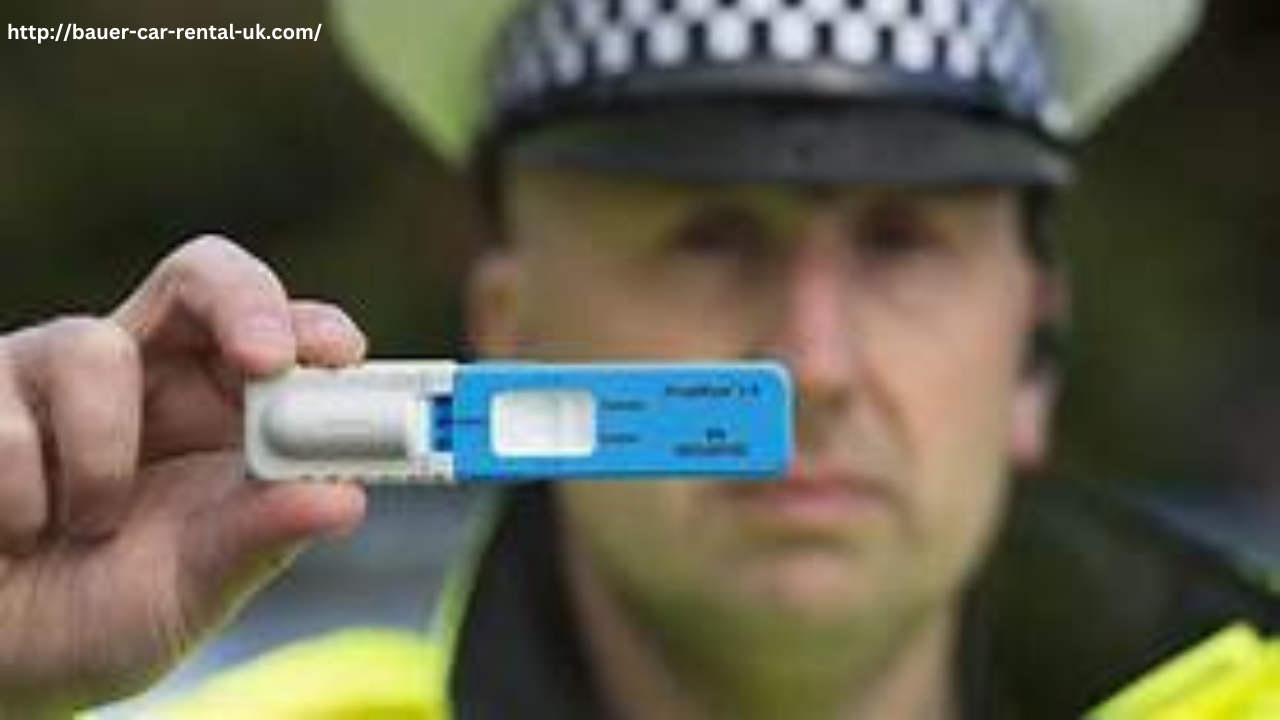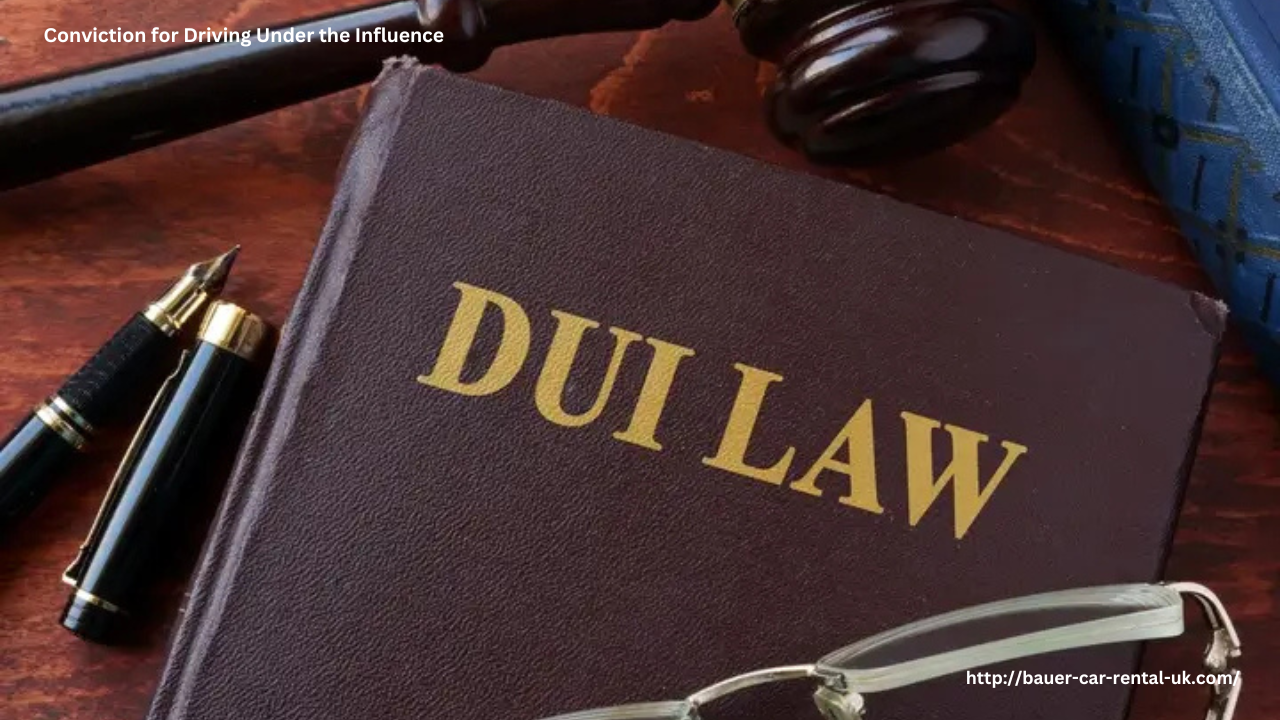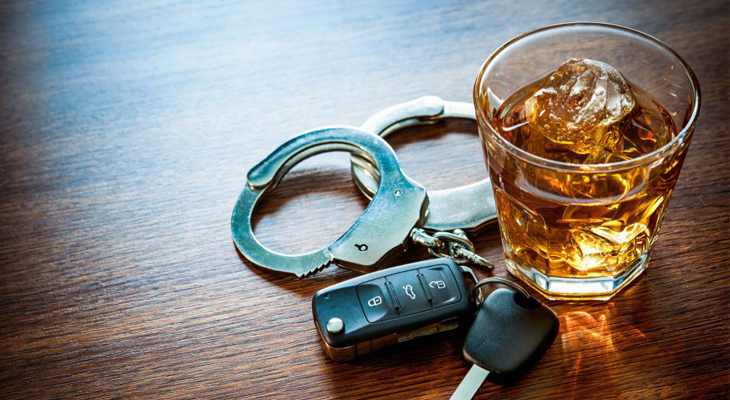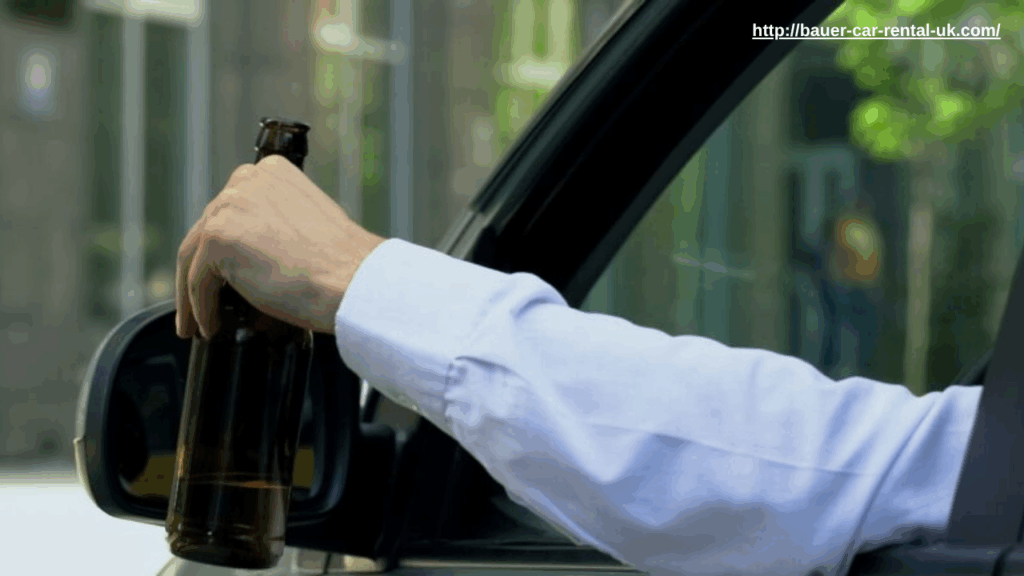
In the UK, driving under the influence (DUI) is treated as a serious offence, with potential consequences including fines, licence suspension, and imprisonment. However, growing evidence suggests that for many offenders—especially those struggling with substance abuse—rehabilitation may be more effective than incarceration in reducing reoffending. This has led to the increased use of alternative sentencing options that focus on education, treatment, and behavioural change.
Understanding Alternative Sentencing
Alternative sentences offer courts a way to address the root causes of DUI offending, particularly in cases involving alcohol dependency or repeat behaviour. Instead of—or alongside—traditional penalties, offenders may be required to:
- Attend rehabilitation or alcohol education programs
- Participate in community service
- Submit to regular drug or alcohol testing
- Undergo counselling or therapy
These measures aim not just to punish, but to prevent future offences by helping individuals confront and manage their substance use.
Drink Drive Rehabilitation Courses (DDRCs)
One of the most widely used alternative sentencing options in the UK is the Drink Drive Rehabilitation Course (DDRC). Offenders convicted of drink driving can be offered the opportunity to take this course, which:
- Lasts around 16 hours over several weeks
- Covers the dangers of drink driving, legal implications, and strategies for safer choices
- Offers a potential 25% reduction in the driving ban upon successful completion
Research by the Department for Transport indicates that individuals who complete DDRCs are significantly less likely to reoffend compared to those who don’t.
The Case for Rehabilitation Over Jail
Imprisonment is sometimes necessary, especially for repeat or dangerous offenders. However, it may not always address the underlying issues leading to DUI. Many offenders leave prison without treatment for alcohol or drug misuse, increasing the risk of reoffending.
Rehabilitation programs, in contrast, focus on:
- Behavioural change: Helping offenders understand the impact of their actions and develop strategies to avoid future risk.
- Accountability: Encouraging individuals to take responsibility in a constructive manner.
- Support systems: Connecting offenders with long-term support to manage addiction and reintegration into society.
Challenges and Criticisms
While promising, alternative sentences face certain criticisms:
- Public perception: Some view rehabilitation as being too lenient, especially in cases involving fatalities.
- Consistency: The availability and quality of rehabilitation programs can vary by region.
- Compliance: Not all offenders take these programs seriously, and some may fail to complete them.
Despite these challenges, many experts argue that alternative sentencing is more likely to result in long-term behavioural change and improved public safety.
Conclusion
Alternative sentences for DUI offenders, such as rehabilitation programs, represent a shift toward addressing the causes of offending rather than focusing solely on punishment. While jail remains appropriate in some cases, particularly those involving harm or repeat offences, rehabilitation offers a constructive path to recovery and reduced reoffending. As the UK continues to develop its approach to DUI, balancing public safety with effective rehabilitation will be key to making roads safer for all.

